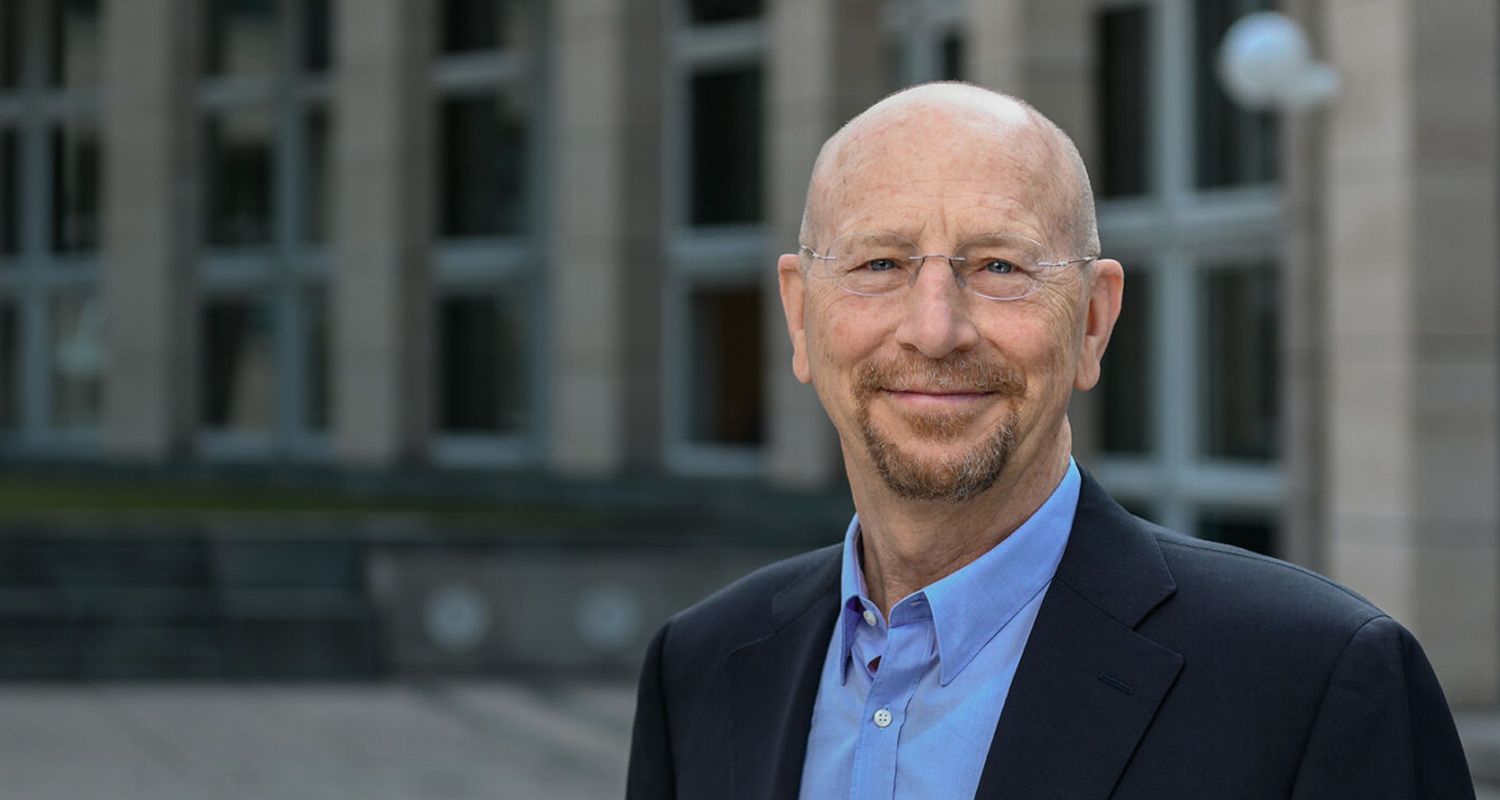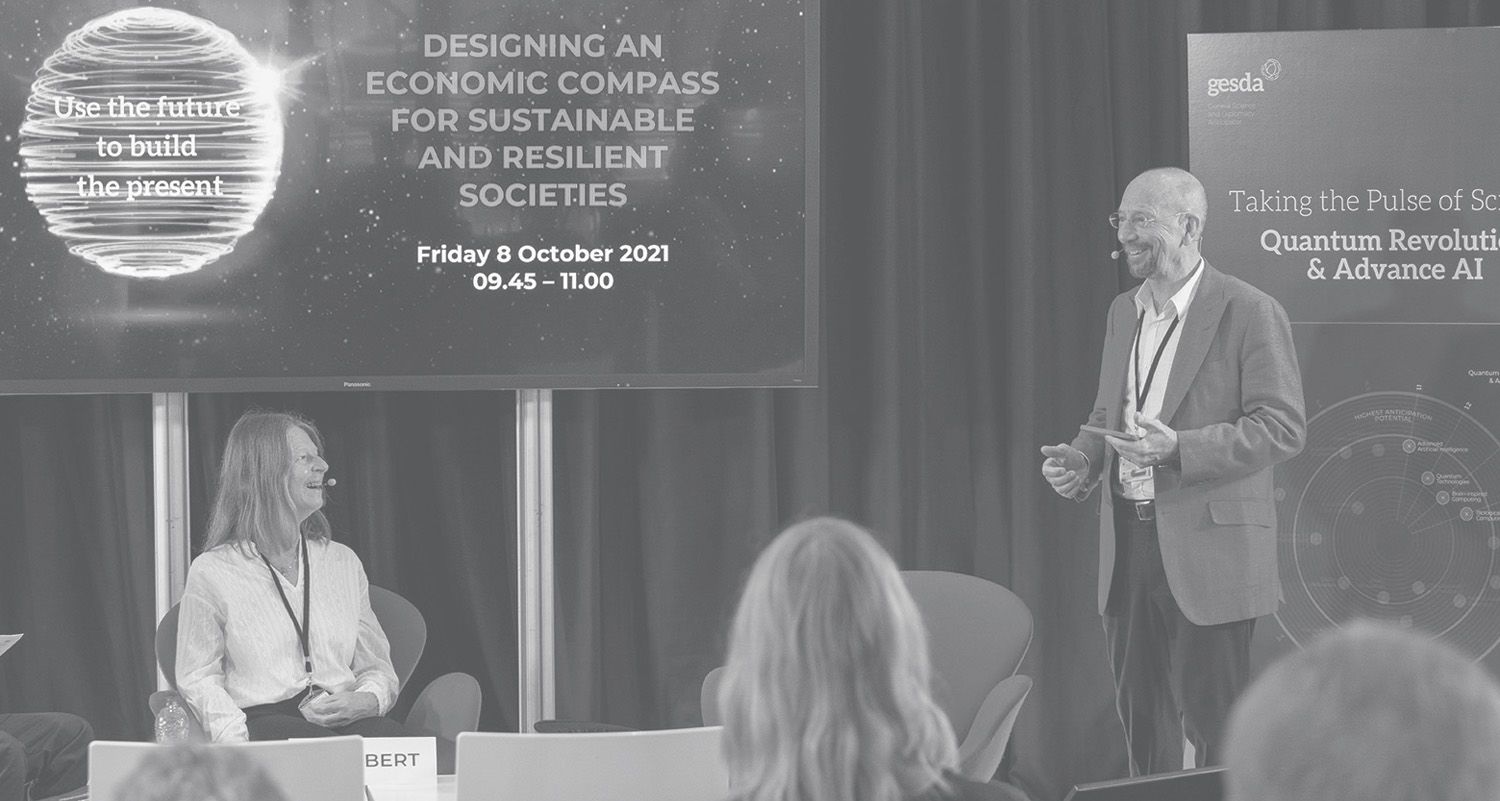Richard Baldwin is Professor of International Economics at the IMD Business School in Lausanne, and Founder and Editor-in-Chief of the policy portal VoxEU.org. He regularly advises governments and international organisations on globalisation and trade policy issues. In 1990-91 he served as a Senior Staff Economist for President George Bush's Council of Economic Advisors, having completed his PhD in economics at MIT with Paul Krugman (with whom he has published a half dozen articles). His latest book, The Globotics Upheaval: Globalization, Robotics and the Future of Work, was published in February 2019, and translated into Japanese.






